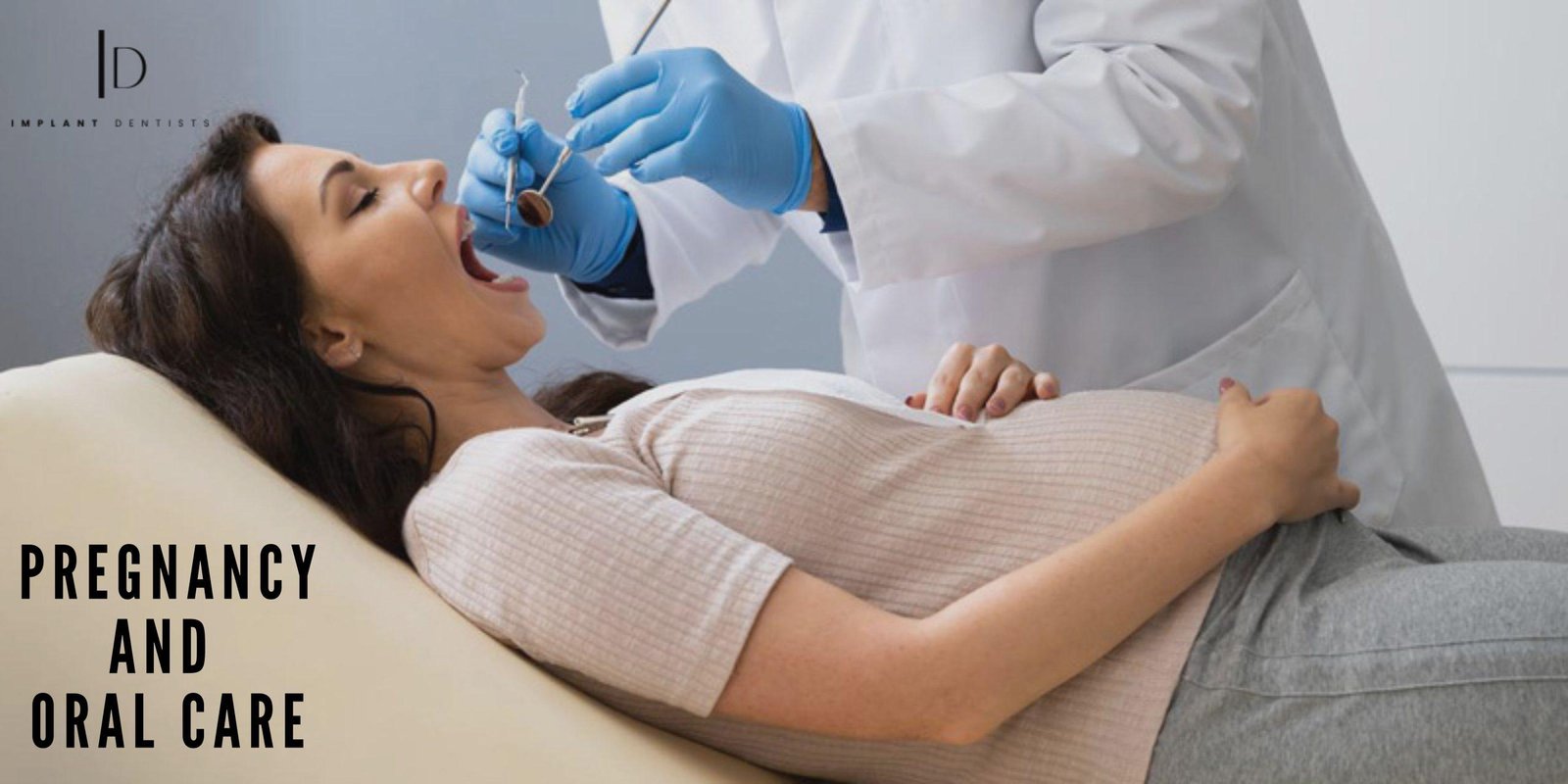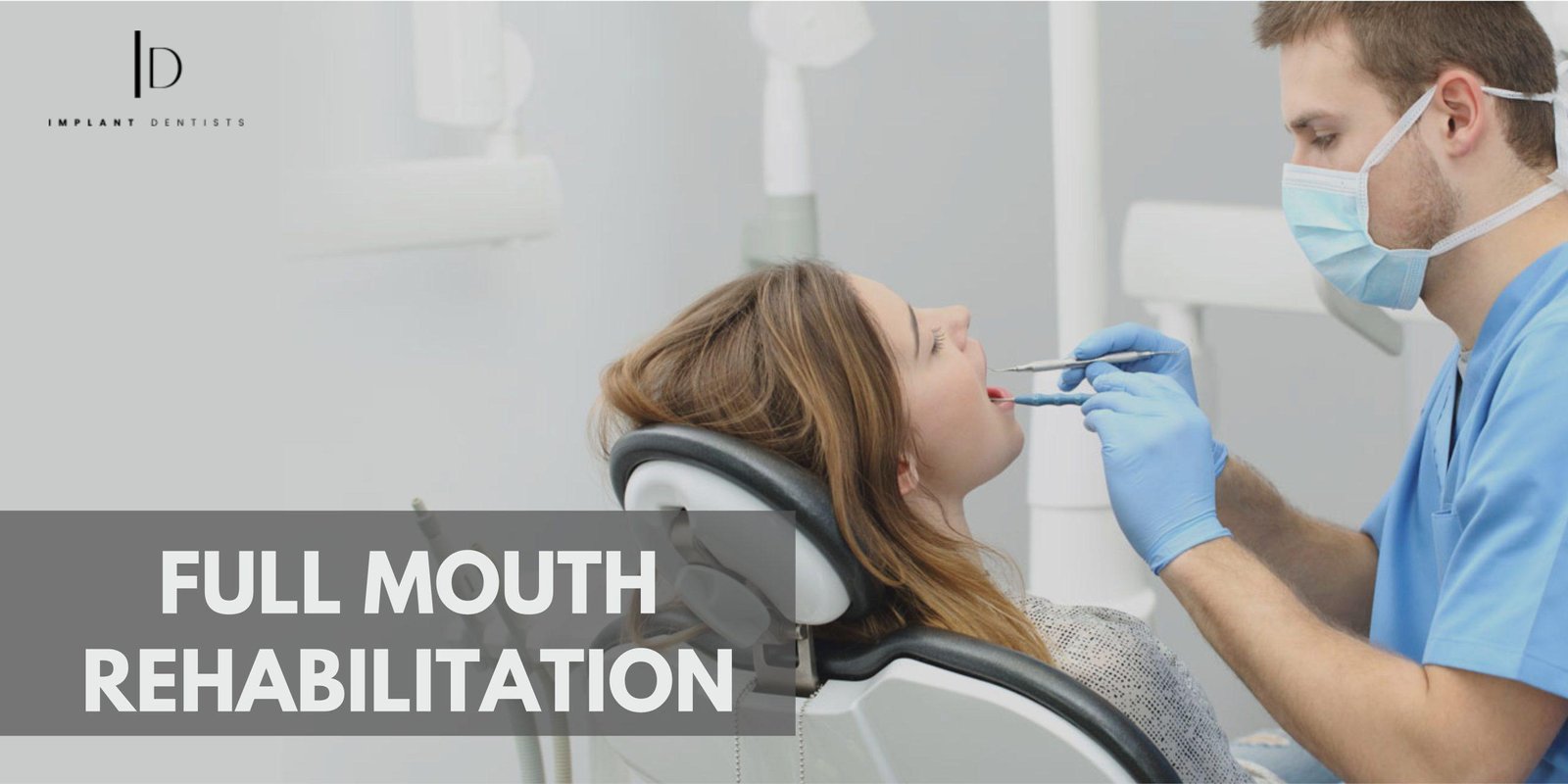Tag: missing teeth

Bridge to Confidence | Exploring Bridge Tooth Implants and Replacement Teeth
February 29, 2024Losing a tooth can be an unsettling experience, impacting not only your smile but also your confidence and oral health. Fortunately, advancements in dental technology have introduced various solutions to restore missing teeth, including bridge tooth implants and replacement teeth. We’ll explore everything you need to know about these options, from their benefits to the procedure and aftercare.
What are Bridge Tooth Implants and Replacement Teeth?
Bridge tooth implants and replacement teeth are advanced artificial solutions carefully crafted to seamlessly integrate into your smile. To join advanced dental technology with precision craftsmanship, these innovations fill the gaps left by missing teeth. They renew your confidence and oral well-being in the process. Engineered for durability and comfort, they provide a permanent fix that harmonizes with your natural teeth. This ensures seamless functionality and a radiant smile for years to come.
Bridge Tooth Implants
These bridges are constructed from high-quality materials, such as porcelain, ceramic, or resilient metal alloys. They offer exceptional strength and durability. The materials used in these bridges are not only strong but also carefully chosen. They harmonize with the surrounding teeth, ensuring a seamless blend within your smile.
Replacement Teeth
Replacement teeth border a diverse array of solutions tailored to various dental needs. Dentures are one of the most common options for replacing multiple missing teeth. They are removable prosthetic devices that provide functional and aesthetic restoration. Dentures come in two forms, full dentures for entire arches of missing teeth, and partial dentures designed to fill gaps caused by the absence of one or more teeth in specific areas of the mouth.
Dental implants stand out as a remarkable advancement in dental technology. These implants serve as artificial tooth roots surgically implanted into the jawbone. They offer a robust foundation for replacement teeth, whether it’s a single tooth or multiple teeth. Dental implants provide a permanent and stable solution, mimicking the natural tooth structure and function with exceptional durability and longevity.
Benefits of Bridge Tooth Implants and Replacement Teeth
- Restored Functionality: Bridge tooth implants and replacement teeth enable you to chew, speak, and bite properly, restoring full functionality to your mouth.
- Improved Aesthetics: These prosthetic solutions replicate the appearance of natural teeth, enhancing the aesthetics of your smile and boosting self-confidence.
- Prevents Dental Issues: Replacing missing teeth helps prevent dental problems such as shifting of adjacent teeth, bone loss, and temporomandibular joint disorders.
- Long-Term Solution: Bridge tooth implants and replacement teeth are durable and long-lasting, providing a reliable solution for missing teeth that can last for many years with proper care.
- Preserves Facial Structure: Dental implants help preserve bone density in the jaw, preventing the deterioration of facial structure associated with tooth loss.
Procedure for Bridge Tooth Implants and Replacement Teeth
- Consultation: The process begins with a consultation with your dentist or prosthodontist to assess your oral health and discuss treatment options.
- Treatment Planning: We develop a personalized treatment plan for you, taking into account your specific needs and preferences, considering the number of missing teeth, evaluating the condition of your remaining teeth, and keeping your overall oral health in mind.
- Preparation: For bridge tooth implants, the adjacent teeth serving as abutments are prepared by reshaping them to take in the dental bridge. For replacement teeth supported by dental implants, implant placement surgery is performed to anchor the artificial tooth roots in the jawbone.
- Fabrication: After preparing the abutments or placing dental implants, the dentist takes impressions of your mouth. They then fabricate custom-made bridge tooth implants or replacement teeth. The new teeth are made to match the colour, shape, and size of your natural teeth.
- Placement: The bridge tooth implants or replacement teeth are securely attached to the abutments or dental implants, restoring your smile and functionality.
- Follow-Up Care: After the procedure, you’ll receive instructions on how to care for your new teeth and maintain good oral hygiene to ensure long-term success.
Aftercare for Bridge Tooth Implants and Replacement Teeth
- Practice Good Oral Hygiene: Brush your teeth twice a day, floss daily, and rinse with an antimicrobial mouthwash to keep your mouth clean and free of bacteria.
- Attend Regular Dental Check-ups: Schedule regular follow-up appointments with your dentist. Have routine examinations and professional cleanings done to monitor the health of your bridge tooth implants or replacement teeth.
- Avoid Hard Foods: Be cautious when eating hard or sticky foods that could damage your prosthetic teeth or dental implants.
- Quit Smoking: Smoking can increase the risk of complications for bridge tooth implants or replacement teeth. Consider quitting smoking to improve the success rate.
- Protect Your Teeth: If you participate in activities that could potentially harm your teeth, such as contact sports, wear a mouth guard. To protect your prosthetic teeth and dental implants, wear a mouth guard during contact sports.
Conclusion
Bridge tooth implants and replacement teeth offer effective solutions for replacing missing teeth and restoring your smile. If you choose a dental bridge or dental implants, these prosthetic devices can significantly improve your oral health. They can also enhance your function and aesthetics. If you’re considering bridge tooth implants or replacement teeth, consult with a qualified dentist or prosthodontist. They can help you explore your options and create a treatment plan tailored to your needs. With proper care and maintenance, you can enjoy a beautiful, functional smile for years to come.

Why Prioritizing Oral Health During Pregnancy Matters?
January 30, 2024
Implant Solutions for a Radiant Smile| Full Mouth Rehabilitation in Crewe, United Kingdom
January 16, 2024Full mouth rehabilitation is a comprehensive dental treatment that aims to restore oral health and functionality. In recent years, dental implants have played a pivotal role in revolutionizing full mouth rehabilitation procedures, offering patients in Crewe, United Kingdom. A lasting solution to various dental issues. Now, we explore the significance of implants in full mouth rehabilitation. The benefits they bring to individuals seeking a complete dental transformation.
Understanding Full Mouth Rehabilitation
Full Mouth Rehabilitation, also known as full mouth restoration, is a comprehensive and personalized dental procedure designed to address multiple dental issues. It restores optimal oral health, function, and aesthetics. This advanced and transformative treatment involves a meticulous combination of various dental procedures. This tailored to the unique needs of each individual.
Patients seeking Full Mouth Rehabilitation often present with a range of dental concerns, such as missing teeth, extensive tooth decay. Worn-down enamel, gum disease, bite problems, or a combination of these issues. The primary goal of Full Mouth Rehabilitation is to provide a holistic and integrated approach to address these concerns. This is ultimately enhancing both the functionality and appearance of the entire mouth.
Explore Dental Implants
Dental implants are artificial tooth roots that are surgically placed into the jawbone to support replacement teeth or bridges. There are several types of dental implants, classified based on various factors such as implant design, materials used, and the surgical procedure.
Here are some common types of dental implants:
- Single Tooth Implants: Used when a single tooth is missing, a single implant is placed into the jawbone, and a crown is attached to it.
- Multiple Tooth Implants: Used when several adjacent teeth are missing, implant-supported bridges are anchored to implants rather than natural teeth.
- Full Arch Implants: These are used when an entire arch of teeth (upper or lower) needs to be replaced. All-on-4 refer to the number of implants used to support a full arch of teeth.
- Zygomatic Implants: These implants are longer and are anchored into the cheekbone (zygoma) instead of the jawbone. They are used when there is insufficient bone in the upper jaw.
- Mini Implants: Smaller in diameter than traditional implants, mini implants are often used in situations where there is limited space or bone.
The Role of Implants in Replacing Missing Teeth
Dental implants play a crucial role in replacing missing teeth. This providing a durable and natural-looking solution for individuals with one or more missing teeth. The process involves surgically placing a metal post into the jawbone. It serves as a stable anchor for a replacement tooth or a bridge.
Here are key aspects of the role of implants in replacing missing teeth:
- Stability and Support: Dental implants offer stability and support comparable to natural teeth. The implant fuses with the jawbone through a process called osseointegration, creating a strong foundation for the replacement tooth.
- Improved Functionality: Unlike removable dentures, dental implants function like natural teeth. They allow for normal biting, chewing, and speaking, providing a higher level of comfort and functionality.
- Preservation of Jawbone: When a tooth is lost, the jawbone in that area can start to deteriorate over time due to lack of stimulation from chewing. Dental implants help preserve the jawbone by acting as artificial tooth roots and preventing bone loss.
- Natural Appearance: Implants are designed to look and feel like natural teeth. The replacement tooth, also known as a crown, is custom-made to match the colour, shape, and size of the surrounding natural teeth, ensuring a seamless and natural appearance.
- Longevity: With proper care and maintenance, dental implants have a high success rate and can last for many years, even a lifetime. This makes them a durable and long-term solution for replacing missing teeth.
Benefits of Implants in Full Mouth Rehabilitation
- Enhanced Aesthetics and Confidence: Implants provide a natural-looking appearance, restoring not only the functionality of the teeth but also the aesthetics. This, in turn, boosts confidence and self-esteem for individuals undergoing full mouth rehabilitation.
- Improved Oral Functionality: Dental implants allow for improved chewing and speaking abilities, providing patients with a level of comfort and functionality comparable to natural teeth.
- Long-Term Durability: One of the significant advantages of dental implants is their long-term durability. With proper care, implants can last a lifetime, making them a cost-effective and sustainable choice for full mouth rehabilitation.
- Stability and Strength: Dental implants provide a stable and strong foundation for the replacement of multiple teeth. This stability is crucial in full mouth rehabilitation, where the goal is to restore the entire dentition.
- Natural Feel and Functionality: Implants mimic the natural function and feel of teeth. This is particularly important in full mouth rehabilitation, as patients aim to regain the ability to bite, chew, and speak comfortably. Just like they would with natural teeth.
Conclusion:
In Crewe, United Kingdom, dental implants have become an integral part of full mouth rehabilitation, offering patients a transformative solution to various dental challenges. The combination of advanced technology and skilled dental professionals ensures that individuals seeking full mouth rehabilitation in Crewe can enjoy the benefits of a restored smile. This improved oral health, and enhanced overall well-being.
